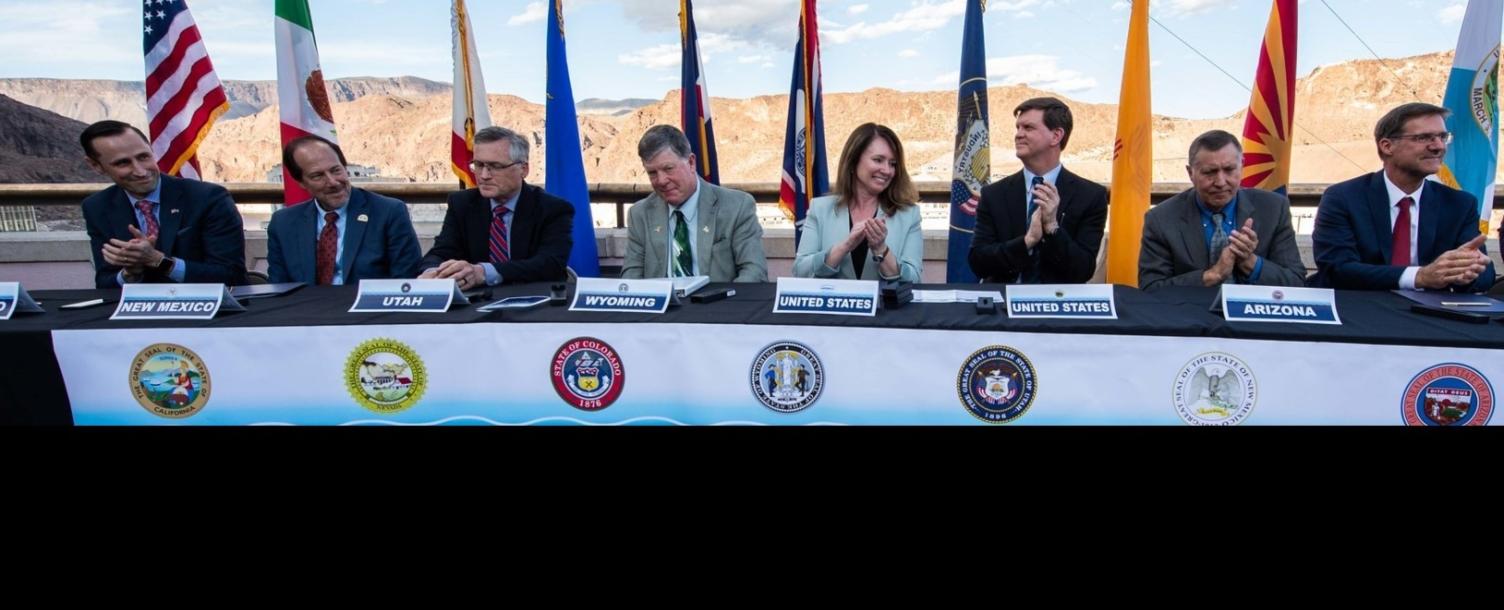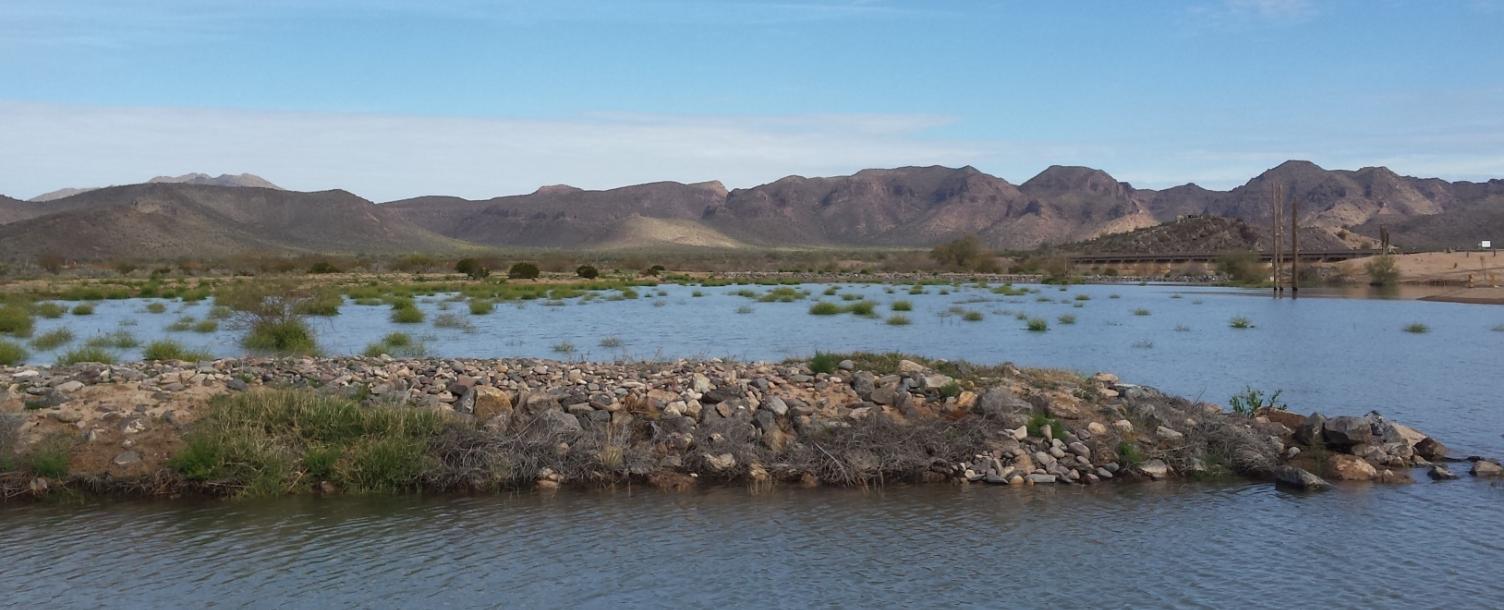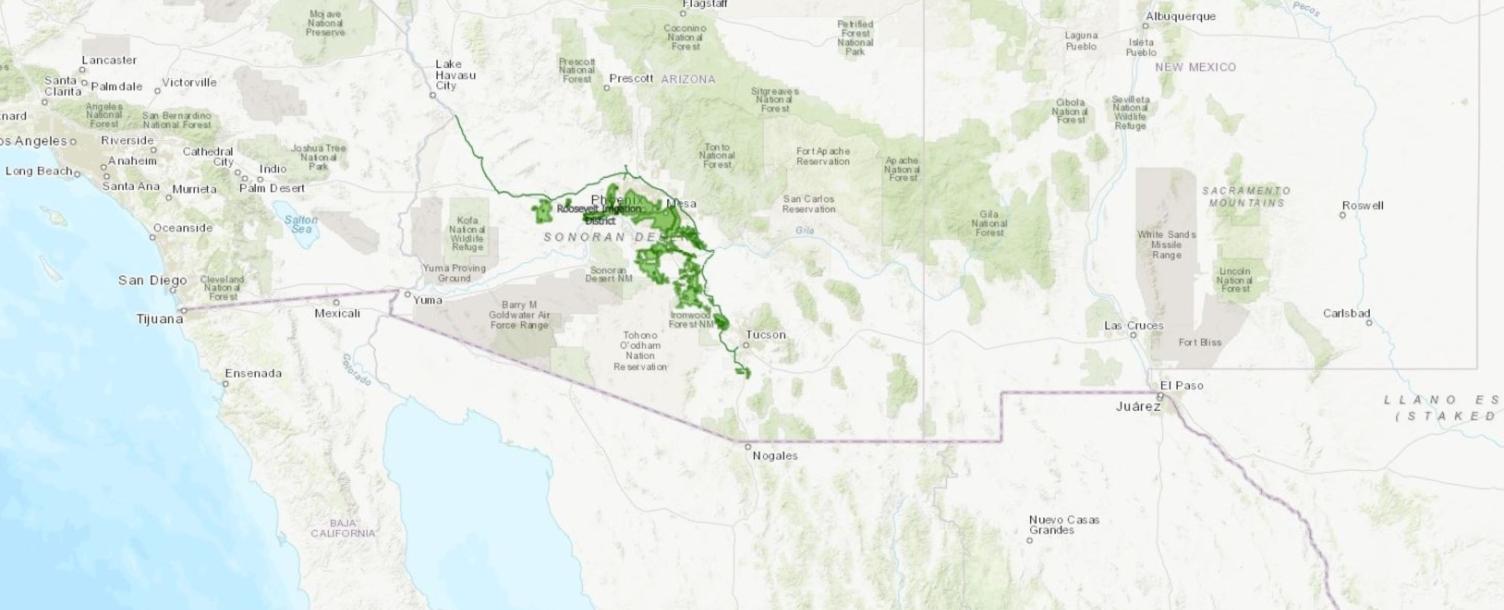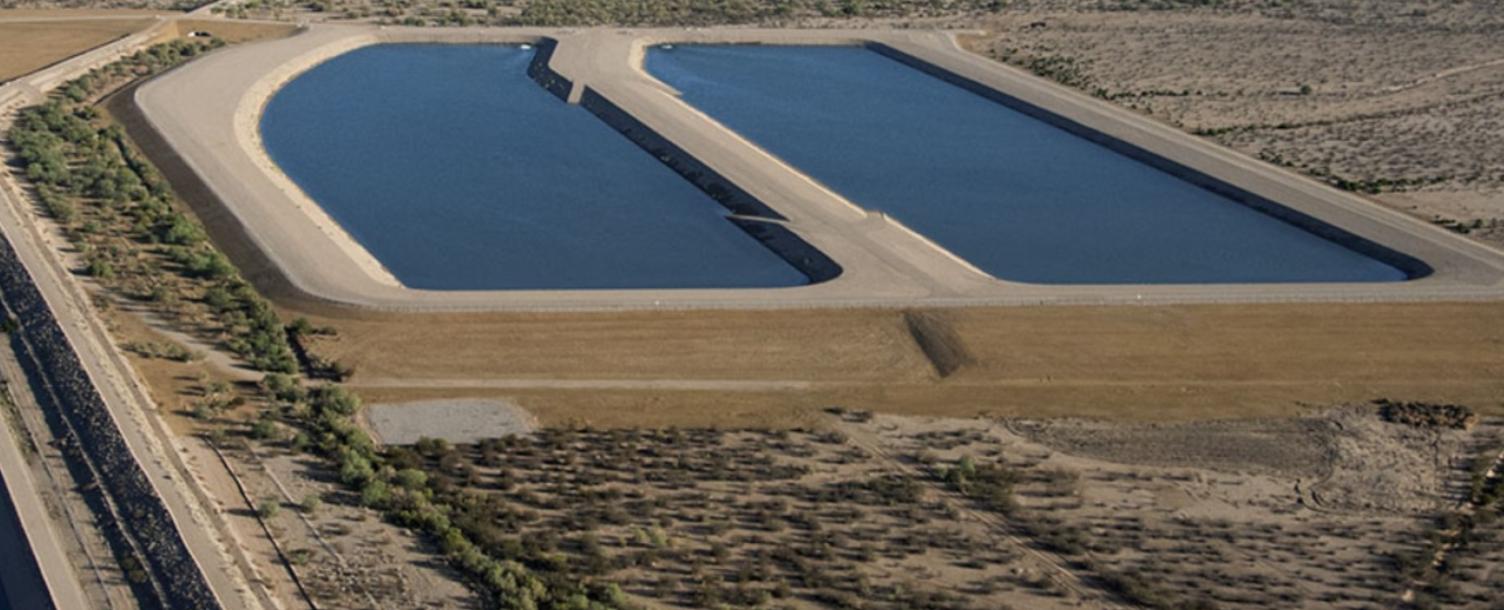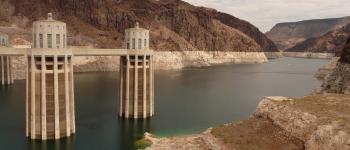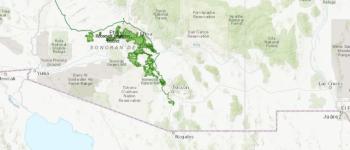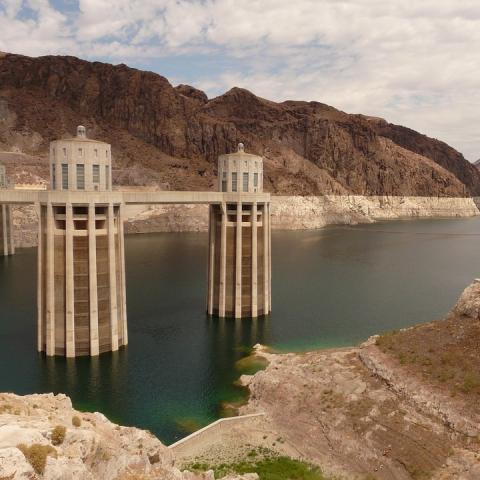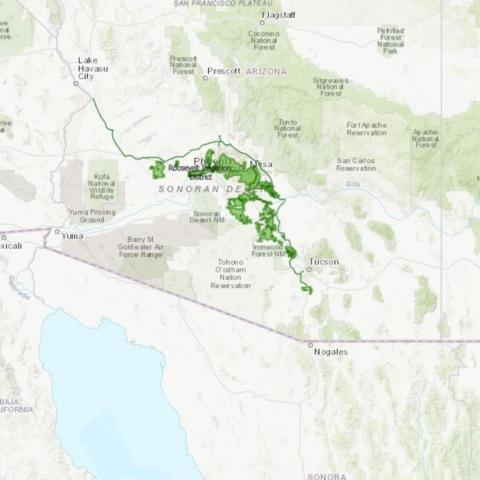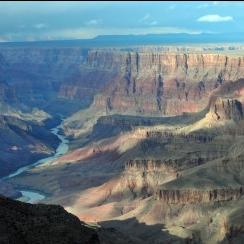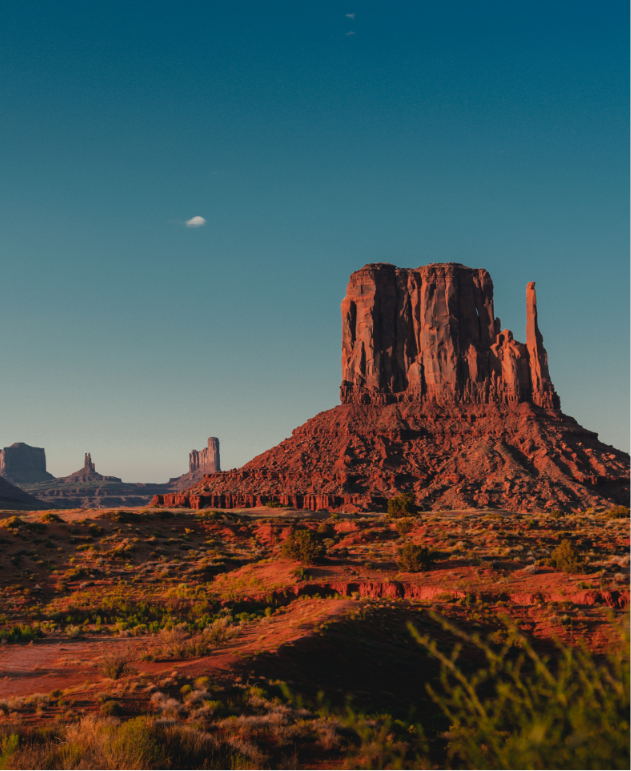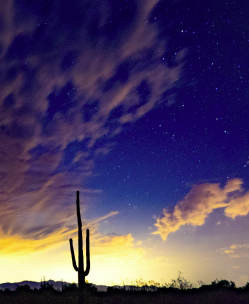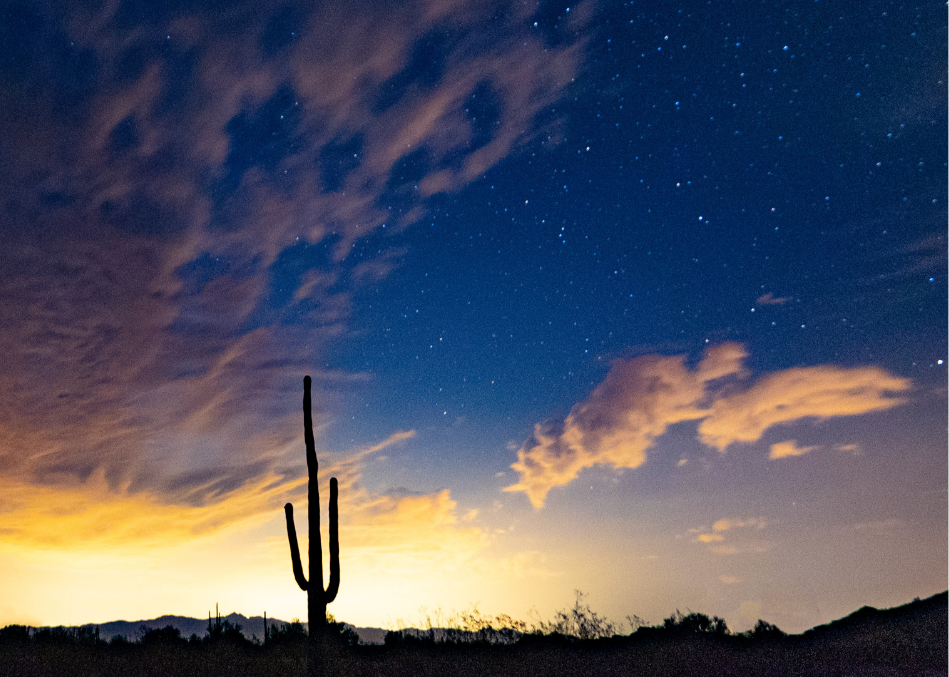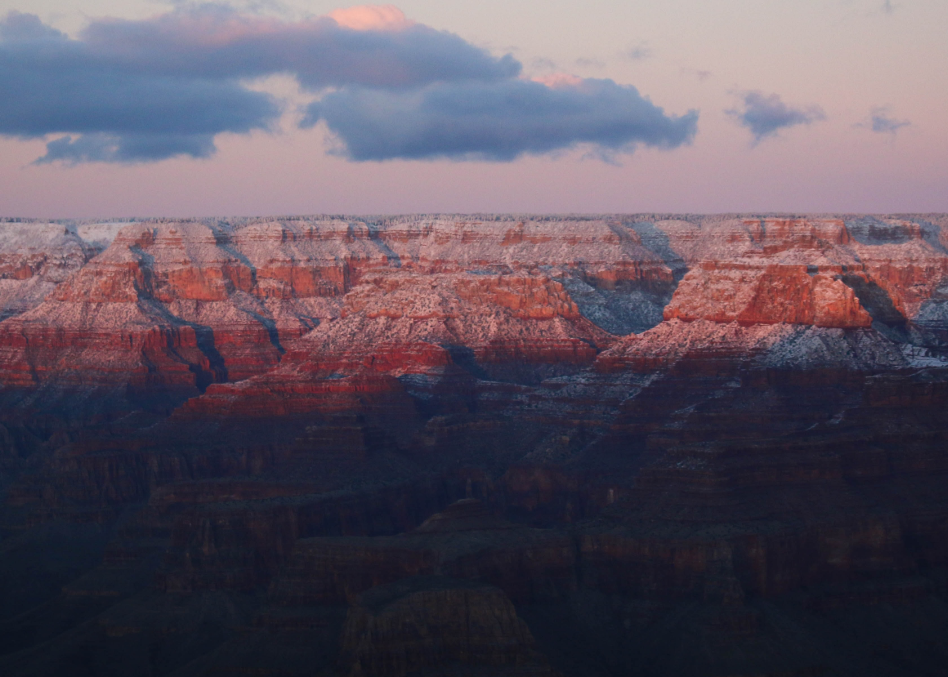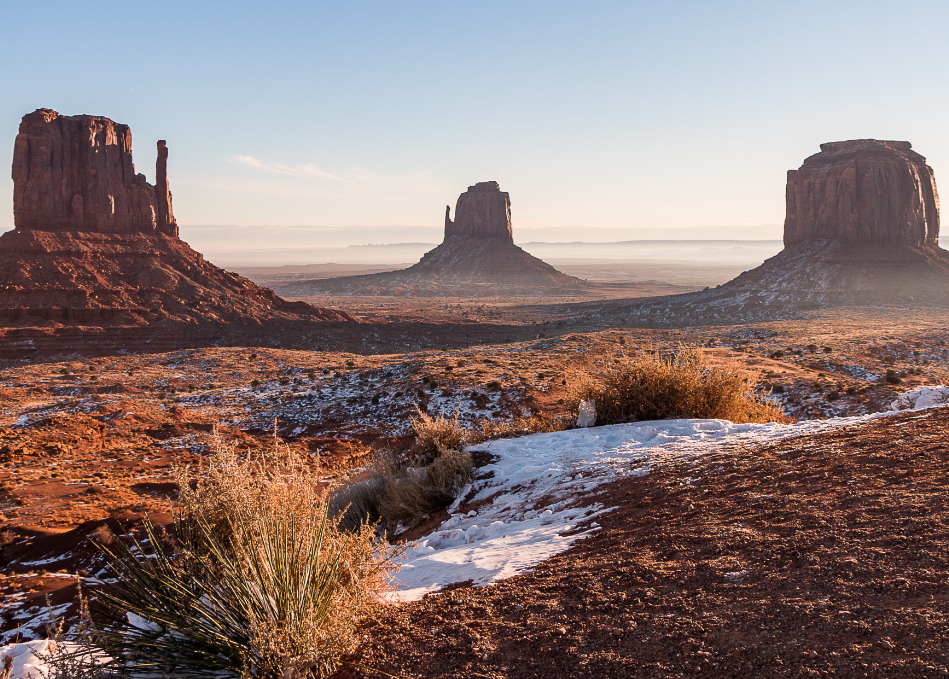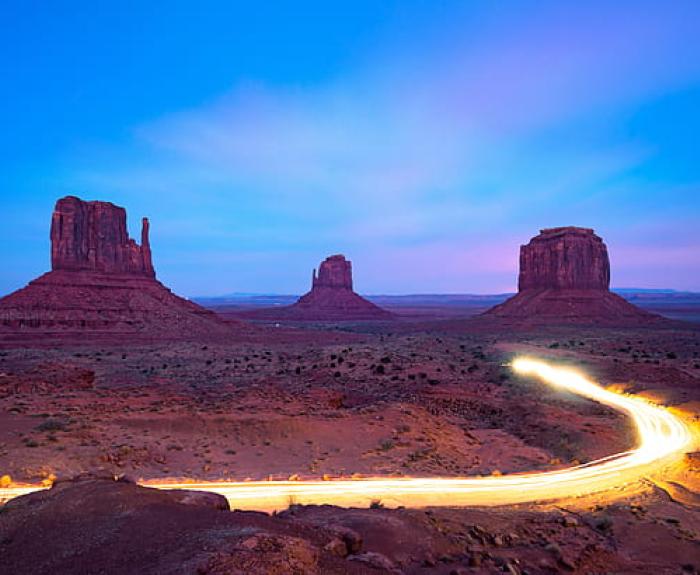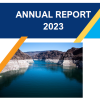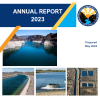The Arizona Water Banking Authority
The Arizona Water Banking Authority (AWBA; Water Bank) was established in 1996 to store the unused portion of Arizona’s annual Colorado River entitlement in Central and Southern Arizona. The AWBA stores water in underground aquifers to earn long-term storage credits. These credits can be recovered (pumped) during a shortage to provide back-up water supplies (known as "firming") for Arizona water users.
Through 2020, the Water Bank has accrued 4.36 million acre-feet (MAF) of long-term storage credits (LTSCs): 3.75 MAF for Arizona uses and 613 KAF on behalf of the State of Nevada. The AWBA firms water supplies for Central Arizona Project (CAP) Municipal and Industrial (M&I) subcontract holders and communities along the Colorado River. As the agent for the State, the AWBA is responsible for meeting the State's Tribal firming obligations under the Arizona Water Settlements Act of 2004 (AWSA). The Water Bank also assists with meeting the State's water management objectives under the Groundwater Code and provides the mechanism for interstate water banking with the other Lower Basin States. By storing water, the Water Bank helps to ensure long-term water supplies for Arizona and neighboring states.
The Arizona Water Banking Authority
The Arizona Water Banking Authority (AWBA; Water Bank) was established in 1996 to store the unused portion of Arizona’s annual Colorado River entitlement in Central and Southern Arizona. The AWBA stores water in underground aquifers to earn long-term storage credits. These credits can be recovered (pumped) during a shortage to provide back-up water supplies (known as "firming") for Arizona water users.
Through 2020, the Water Bank has accrued 4.36 million acre-feet (MAF) of long-term storage credits (LTSCs): 3.75 MAF for Arizona uses and 613 KAF on behalf of the State of Nevada. The AWBA firms water supplies for Central Arizona Project (CAP) Municipal and Industrial (M&I) subcontract holders and communities along the Colorado River. As the agent for the State, the AWBA is responsible for meeting the State's Tribal firming obligations under the Arizona Water Settlements Act of 2004 (AWSA). The Water Bank also assists with meeting the State's water management objectives under the Groundwater Code and provides the mechanism for interstate water banking with the other Lower Basin States. By storing water, the Water Bank helps to ensure long-term water supplies for Arizona and neighboring states.
The Arizona Water Banking Authority
The Arizona Water Banking Authority (AWBA; Water Bank) was established in 1996 to store the unused portion of Arizona’s annual Colorado River entitlement in Central and Southern Arizona. The AWBA stores water in underground aquifers to earn long-term storage credits. These credits can be recovered (pumped) during a shortage to provide back-up water supplies (known as "firming") for Arizona water users.
Through 2020, the Water Bank has accrued 4.36 million acre-feet (MAF) of long-term storage credits (LTSCs): 3.75 MAF for Arizona uses and 613 KAF on behalf of the State of Nevada. The AWBA firms water supplies for Central Arizona Project (CAP) Municipal and Industrial (M&I) subcontract holders and communities along the Colorado River. As the agent for the State, the AWBA is responsible for meeting the State's Tribal firming obligations under the Arizona Water Settlements Act of 2004 (AWSA). The Water Bank also assists with meeting the State's water management objectives under the Groundwater Code and provides the mechanism for interstate water banking with the other Lower Basin States. By storing water, the Water Bank helps to ensure long-term water supplies for Arizona and neighboring states.
Lorem ipsum dolor sit amet
Text with slideshow with full width image
Video Example
Accordion
Yes, adding questions to this section is as easy as going into adding new content tab and selecting FAQ. You can add as many as you need.
Once you have figured it all out, be sure to send your users here. It will clear up most of the questions you will constantly get asked.
Whatever questions you think would be most relavent to your users. After spending time with your audience and how they interact with your website, you'll get a good idea of what kind of questions to put here. At that point you can just point them to the website to find their answers.
There can be as many questions as you need. Just ensure that the questions are relavent for your users and the list doesn't get too crazy where people have trouble looking for the questions they need.
Announcements
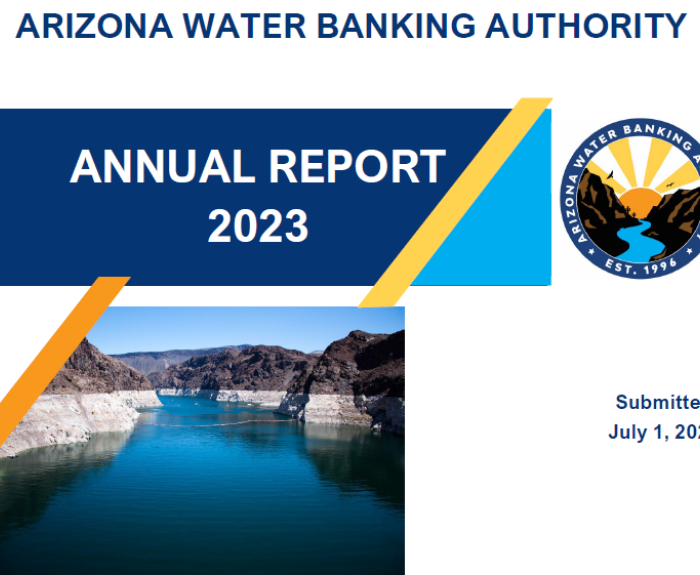
2023 Annual Report
The AWBA is pleased to share its 2023 Annual Report. The Annual Report details the AWBA’s activities for calendar year 2023 and the progress made on achieving its goals and obligations including commitments made in support of Arizona’s plan for implementing the Lower Basin Drought Contingency Plan
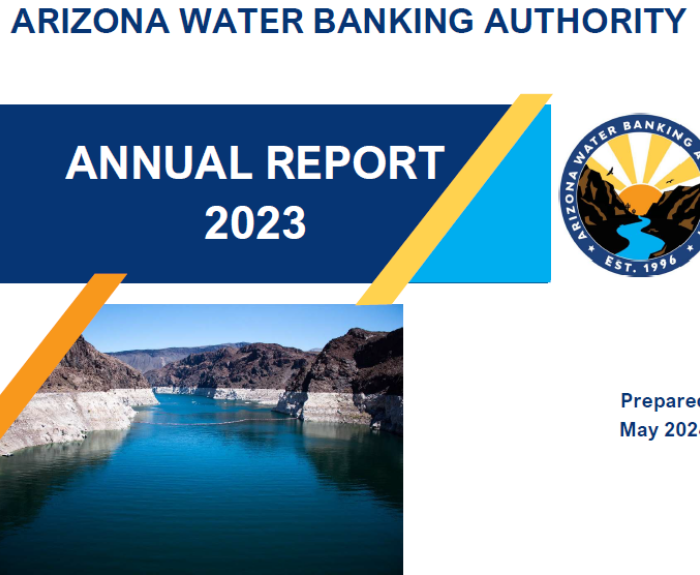
Comments from CAP M&I Subcontractors on the 2023 Draft Annual Report.
Comments received during public review of AWBA 2023 Annual Report.
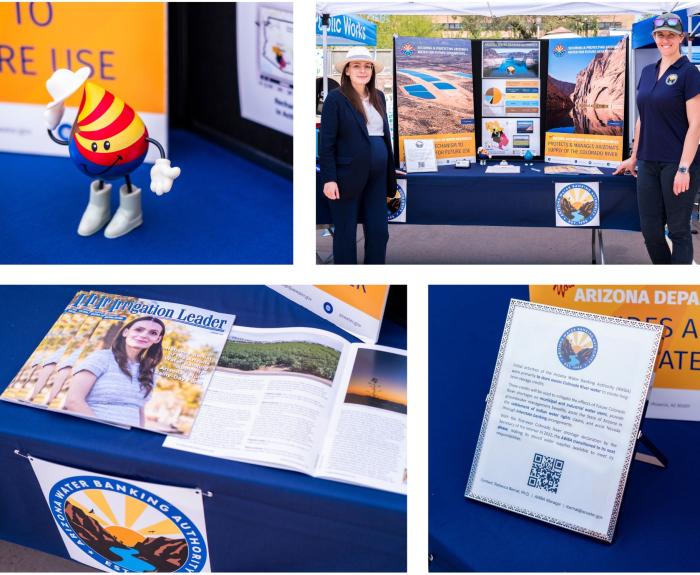
ADWR Water Awareness Month Festival
On Saturday, April 6th, the Arizona Department of Water Resources held a Water Awareness Month festival at the Wesley Bolin Plaza in Phoenix (1700 W Washington St, Phoenix, AZ 85007). The Arizona Water Banking Authority tabled at the event and greatly enjoyed the opportunity to meet with members of
